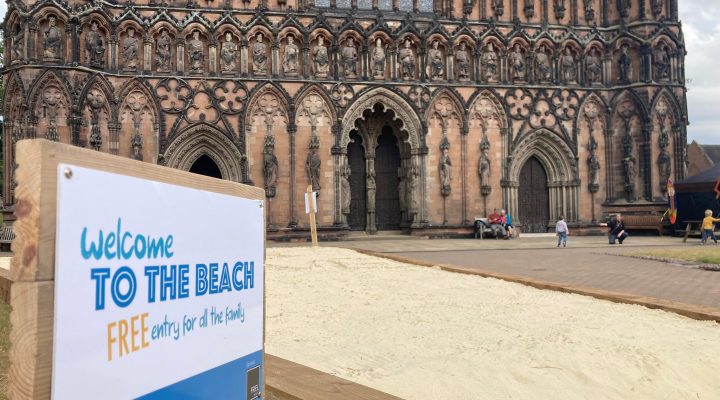
Endangered water voles re-introduced at Trentham
Water voles, which are endangered in Great Britain, have been re-introduced at Trentham, as part of an important wildlife project to boost the UK’s vole population.
The 725-acre Estate has undergone a massive regeneration programme since 2003, which includes steps to increase biodiversity and re-introduce important species.
Wildlife is a vital element of Trentham, which has a long-term commitment to nature conservation. Trentham boasts extensive woodlands which are home to a range of historic trees and rare species. The Estate also has a broad range of habitats popular with birds, bug life, otters, deer, amphibians and reptiles.
In a bid to help re-introduce endangered water voles, Trentham is working alongside ecologist, reintroduction specialist and author, Derek Gow, who founded the Derek Gow Consultancy formed of a team of specialists in water vole conservations, surveys, breeding and mitigation. The project is also being supported by the Staffordshire Wildlife Trust.
On Monday 13th – Friday 17th June, with a team of expert ecologists and volunteers, Trentham will install temporary release pens for over 200 water voles in 14 acres of the site with the primary hope they will establish a self-sustaining breeding population at the Estate. The water voles will be released onto Trentham Lake, a historical Lancelot ‘Capability’ Brown designed feature created at the heart of the estate. Since St Modwen’s initiation of restoration work to the estate, the management of the lake has changed, removing the motorised water sports of jet and water skiing that created wake and noise, replacing with hand powered craft and our own electric catamaran providing leisurely wildlife cruises.
There has been the removal of non-native American Mink that predation decimated vole numbers. Combine this with planting of thousands of native marginal wildflowers and reeds and adjacent meadows and woodland meadows and a network of feeder brooks and watercourses we now have a high quality habitat ready for the reintroduction of this herbivore. The works contribute to flood mitigation, storage of carbon, as well as boosting biodiversity for a range of UK Priority species including harvest mice, water shrew and now water voles.






